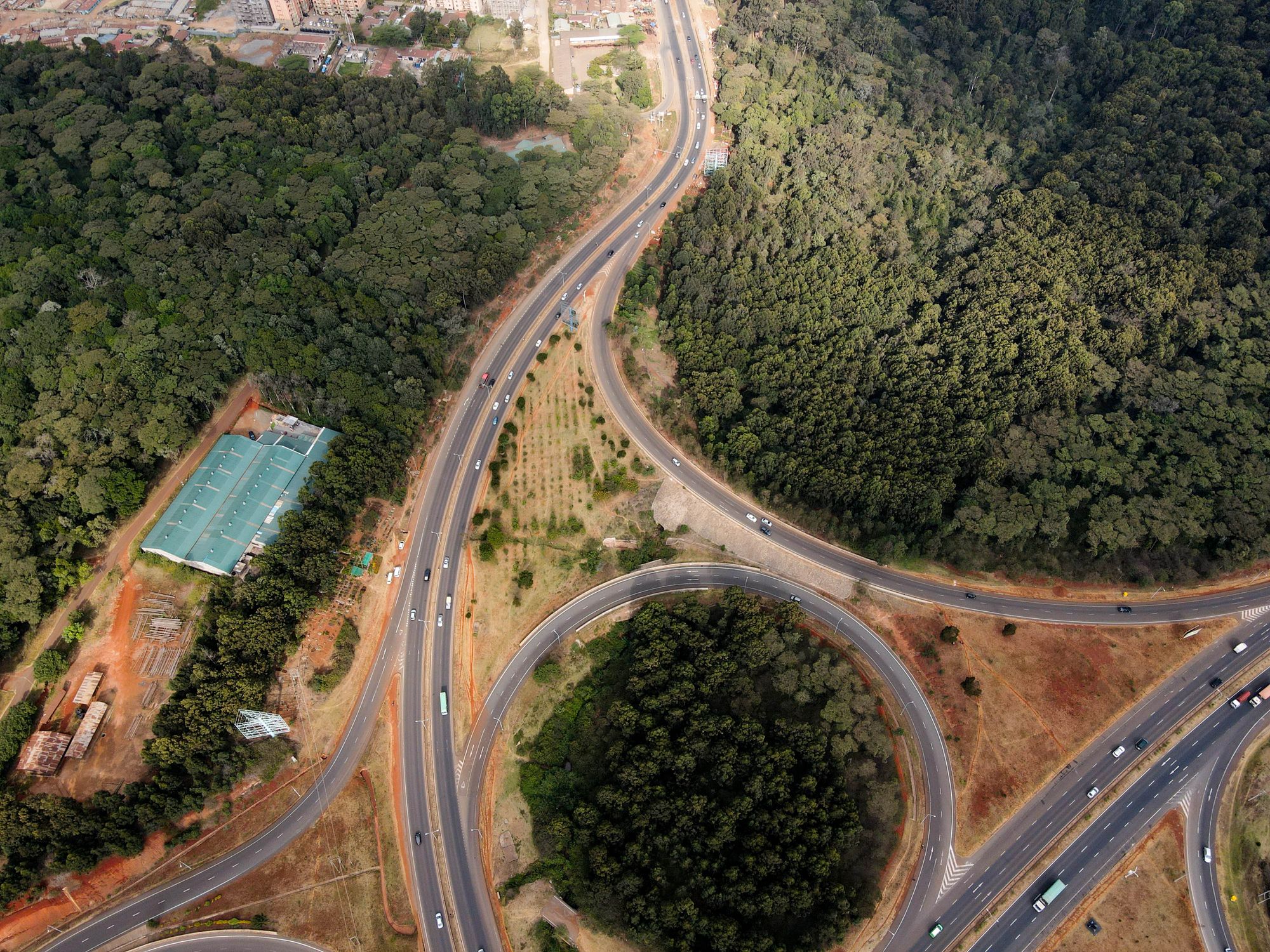In the intricate dance of global trade, logistics companies emerge as the choreographers, orchestrating a symphony of services essential to the seamless flow of goods across the four corners. From order processing to warehousing and shipping, these companies are the unsung heroes of supply chain efficiency.
But just like in any competition, the best dancer is the one who comes up with new, enticing moves that leave the audience itching for more and more. In the world of logistics companies, Amitruck has carved out a niche that has enabled them to rise above the stiff competition. Serving customers is the priority of any business, but unlike most, Amitruck contributes significantly to the well-being of drivers and fleet owners – the cogs in the logistics opera.
On the other hand, Sote has created an innovative tech-enabled customs clearing and forwarding service. Recognizing the need for speed in a world filled with insatiable and often angrier customers, Sote grants manufacturers, retailers, and distributors visibility on shipment status saving them time and money.
Both startups have been successful in fundraising at least $4 million during their seed extension round, bringing their totals to $5 million for Amitruck and $8.4 million for Sote. The latter plans to join the ever-expanding fintech sector by adding a full-service working capital loan solution for Africa’s end-to-end supply chain.
Meanwhile, Amitruck plans to expand its services across the East African region, connecting shippers with transporters operating trucks, motorbikes, tuk-tuks, pickups, and vans, allowing them to negotiate haulage rates and customize the type of service they require.
Amitruck has also added a new feature to their modern digital system that is tailored to meet the needs of their most important resource – the drivers. Through partnering with other companies such as Pezesha, ImaliPay, and Power, they have incrementally raised income and working capital for their drivers and fleet owners. Experts agree that one of the factors that contributes to the demise of startups is neglect of human resources, and companies that make their staff feel valued are more likely to reap the rewards over time.
While the COVID-19 pandemic devastated the health and tourism sector, it was a game changer for the logistics industry due to the rise of e-commerce and the slow reduction in the use of mass public transport systems. The African Continental Free Trade Agreement (AfCFTA) has also provided a shot in the arm to businesses that seek to take advantage of regional and continental supply chains. For logistical startups such as Sote and Amitruck, intra-African trade is a magic wand that they strongly believe will reap numerous benefits.
While the logistics industry holds promise and optimism, there are lingering challenges that could potentially impede the growth of startups in this sector. First is the ongoing Russian invasion of Ukraine, which has led to the rise in nationalism in the European Union. The second-largest economic bloc (and the world’s richest) has begun an aggressive push to relocate some critical supply chains to their countries to reduce reliance on traditional hubs in China and Russia. The cost of fuel has climbed sharply in Africa since hostilities began in February 2022, making transportation over long distances costly.
Additionally, the ongoing Israeli-Palestinian conflict risks dividing the world further into blocs antagonistic with each other, thereby killing the free market gains acquired over the last two decades.
Sote and Amitruck are steadfast in their belief in emerging technologies and express confidence in their projections for the logistics industry in sub-Saharan Africa. Anticipating a gradual growth rate, both companies foresee advancements in ground and air freight shipping, underlining their commitment to shaping the future of the region’s logistics landscape.
However, as always, only time will tell how successful that projection will be.

